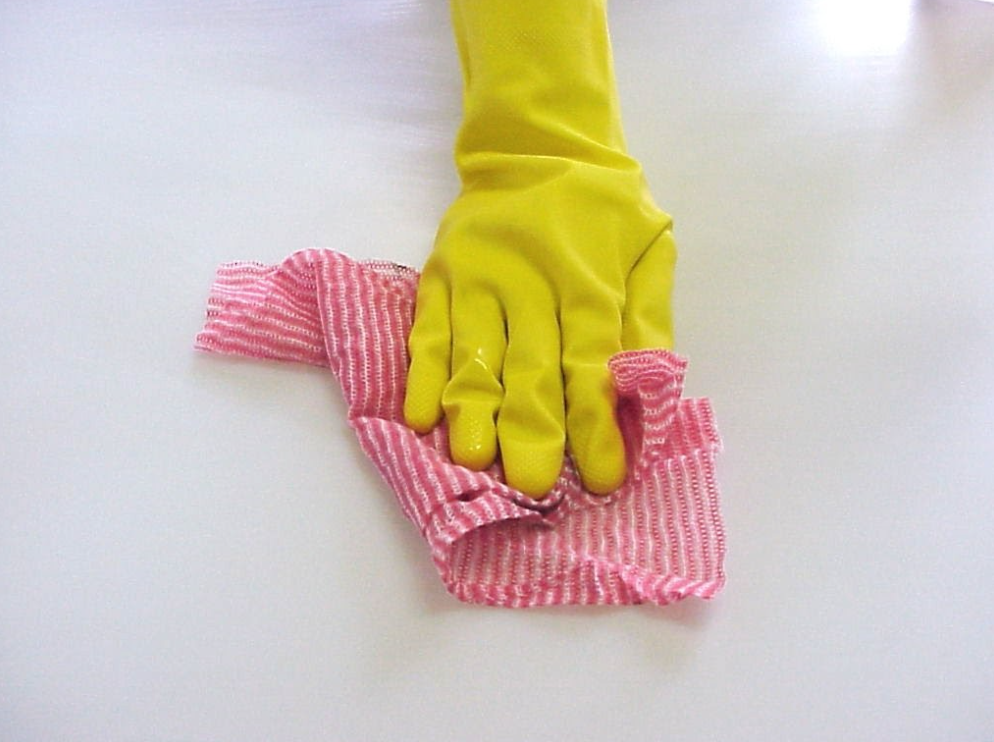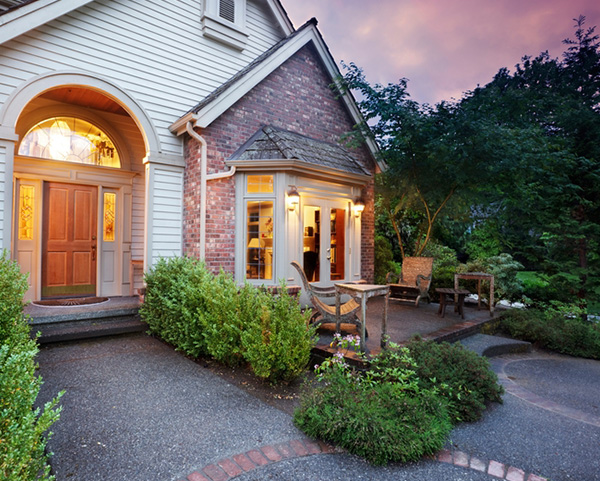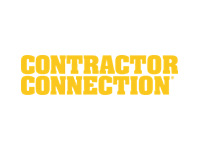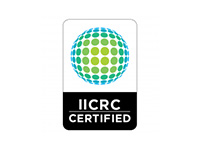When it comes to health, there should be nowhere safer than your home. A controlled environment where you have total autonomy over cleanliness and air quality should, in theory, be incredibly safe for you and your family.
But unfortunately, there could be a sneaky factor disrupting the healthy environment of your home-sweet-home. The culprits? Mold and mildew.
Poor air quality is recognized as one of the top 5 environmental dangers to public health, and mold is a leading cause of poor indoor air quality. Don’t panic! While it can be scary to find mold in your home, there are promising, all-natural solutions to ridding your space of mold and mildew. Vinegar just might be top of that list.
Can You Use Vinegar to Kill Mildew and Mold?
In short, yes you definitely can use vinegar to kill mildew and mold!
Studies have shown that vinegar solutions can have an antimicrobial effect on various types of fungi. The scientific explanation behind this essentially boils down to the acidity of vinegar, with a PH of 2.5.
So while it may be best to call in a professional for more extreme cases of mold infestation, you can use an at-home vinegar solution to tackle smaller amounts of mold and mildew.
Because vinegar is inexpensive, readily available at almost any store, and safe to use, why not give it a try and see the results for yourself? With a proven track record of efficacy, you don’t have anything to lose.
How Long Does It Take Vinegar to Kill Mold?
Once you apply vinegar to a mold-infested area, you’ll need to let it sit for at least an hour. The mold needs time to soak in the vinegar in order for it to really work.
Of course, the amount of mold may affect the time needed for the fighting powers to really kick in, so be sure not to rush the process. It may be tempting to begin scrubbing and scraping away, but a bit of patience here will pay off tenfold when the mold is fully removed. When in doubt, wait a little longer!
How Do You Use Vinegar to Clean Mold?
There are various ways to go about using vinegar to clean mold. Some folks may use it solo while others may opt to use vinegar in tandem with other natural products, such as baking soda or tea tree oil, to fight back against mold and mildew. Here, we’ll go through a basic step-by-step process of using vinegar as a household defense tool.
- As the vinegar works its magic, there may be some spurs released into the air. Therefore, to get started, you’ll need to acquire some basic protective gear, such as gloves, a mask, and maybe even some goggles. This is to protect yourself from exposure to mold during the cleaning process.
- Using distilled, white vinegar is your best bet. Pour some into a spray bottle. While you can dilute the solution with water, it’s best to use undiluted, full-strength vinegar.
- Generously spray the vinegar over the mold. Without touching it or scrubbing anything, let it sit for at least one hour. It is in these 60 minutes that the solution really works its magic.
- Here is where some folks opt to use baking soda! If deep scrubbing is needed, dissolve a teaspoon of baking soda into a cup of warm water. Coat the infested area with the baking soda solution and rigorously scrub with a scouring sponge.
- If scrubbing doesn’t seem necessary, you can skip the baking soda altogether and go straight to the next step.
- Rinse the area with warm water. For good measure, spray with vinegar one more time and let the solution dry on the surface. No need to rinse again. Don’t worry, the smell will fade on its own within a few hours.
If you follow these steps, your home will be mold-free in no time.
Preventing Mold Growth
While fighting mold and mildew with vinegar is a cheap, quick, and easy solution, the best defense against dangerous indoor air quality is to prevent mold from growing to begin with!
According to the Environmental Protection Agency, the best way to prevent mold growth is to closely monitor and control the moisture levels inside your home. Mold thrives in damp climates. This is why infestations often occur in bathrooms or dank basements.
Good air circulation in a home can prevent moisture buildup. If you live in a humid environment, consider investing in a home dehumidifier. Make sure you use fans and vents, especially after taking a hot shower or bath.
Another great way to prevent mold growth is to simply be aware of the possibility. Routinely inspect the areas of your home that are prone to developing mildew, and tackle any issues immediately before they get out of hand. An ounce of prevention goes a long way.
Know When to Call a Professional
Using vinegar to fight mold at home can be incredibly effective and empowering, as it gives you the ability to tackle the problem on your own.
But if the infestation has gotten out of hand and a DIY solution isn’t doing the trick, it may be time to call in the experts.
At IDC Fire and Water Restoration, we have the professional acumen and industry-leading technology to contain the problem and restore your home. We’ve been successfully remediating mold and restoring healthy air quality to homes since 1998. With the highly-trained experts of IDC on your side, mold and mildew don’t stand a chance. Reach out today.













